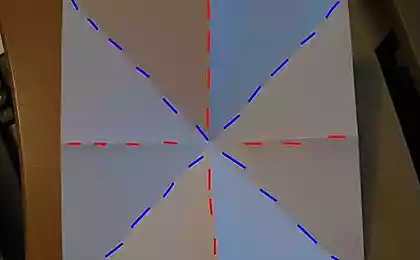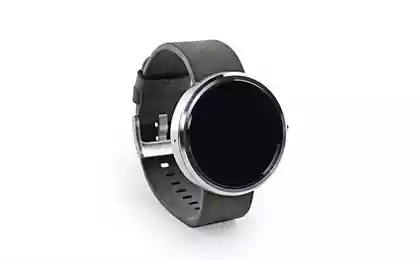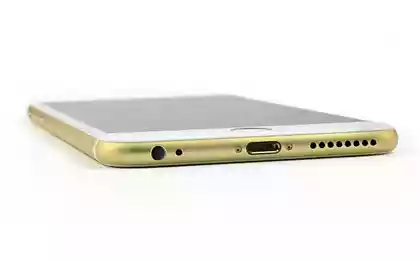581
We are another step closer to the cyborg

Created a miniature device for transmitting electrical signals in the human body has an integrated mechanical devices.
Now for the control of complex mechanical devices that are part of the body (such as a hand-prosthesis) used bulky electrode system interacting with computers. They just try to replace the compact chips, but is "smart" control of artificial parts of the body does not allow a person to feel completely natural.
One of the advantages of the FET, developed by researchers led by Marco Rolandi University of Washington (USA), is its size: about 2 microns, or 20 times smaller than the diameter of a human hair. Another plus - biocompatibility. Material the modified chitosan molecules contained in the shells of crustaceans. This substance is widely available and cheap to obtain: the shells going into the food of sea and river inhabitants are considered to be waste.
And most importantly, the device allows you to monitor and control the flow of ions and protons, which are the natural means of transmitting electrical signals to humans and other living beings, while other devices work with electrons.
Scientists clarify that talk about the immediate introduction of a miniature transistor in the human body is a bit early. Nevertheless, the technology opens broad horizons cyborgization our body.
Boa skin feels the pulse of the victim
Prices for the development of the most famous logos (12 photos)























